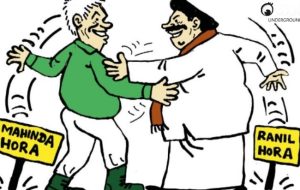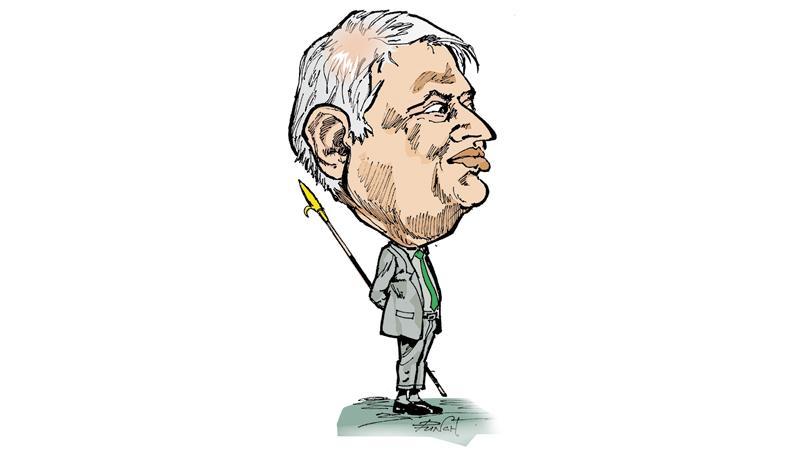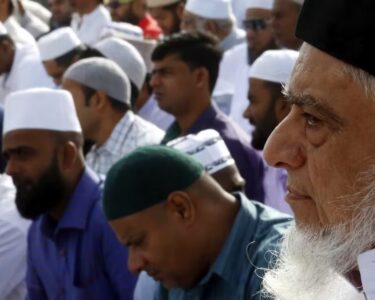Basil Rajapaksa’s recent interview with ‘Sirasa’ sheds light on the precarious situation of the Sri Lanka Podujana Peramuna (SLPP) and the complex political manoeuvres underway in Sri Lanka. Rajapaksa’s candid discussion hints at the desperation within the SLPP to salvage its position ahead of the upcoming elections.
Rajapaksa’s push for holding a general election before the presidential election reveals the SLPP’s lack of confidence in securing a favorable outcome if the presidential election were to precede. His argument, however, lacks convincing logic, as historical precedents don’t necessarily support his claims.

The acknowledgment of the SLPP’s two-thirds majority as detrimental to the country’s well-being is a striking admission of past failures. It underscores the arrogance and impunity that characterized the SLPP’s governance, leading to its eventual downfall.
Furthermore, Rajapaksa’s proposal for a coalition with the United National Party (UNP) and the Samagi Jana Balavegaya (SJB) exposes the SLPP’s recognition of its diminished political stature and the absence of a leader with national appeal. The suggestion to rally behind Ranil Wickremesinghe hints at a pragmatic approach driven by self-preservation rather than ideological alignment.
Rajapaksa’s strategy to stifle the growing influence of the Jathika Jana Balavegaya (JJB) by orchestrating a coalition and manipulating election sequences reflects the SLPP’s desperation to retain power at any cost.
Overall, Rajapaksa’s interview unveils the inner workings of Sri Lankan politics, characterized by shifting alliances, tactical maneuvers, and the pursuit of power. Whether Ranil Wickremesinghe will heed the SLPP’s call for cooperation remains uncertain, leaving the political landscape in Sri Lanka poised for further intrigue and uncertainty.







